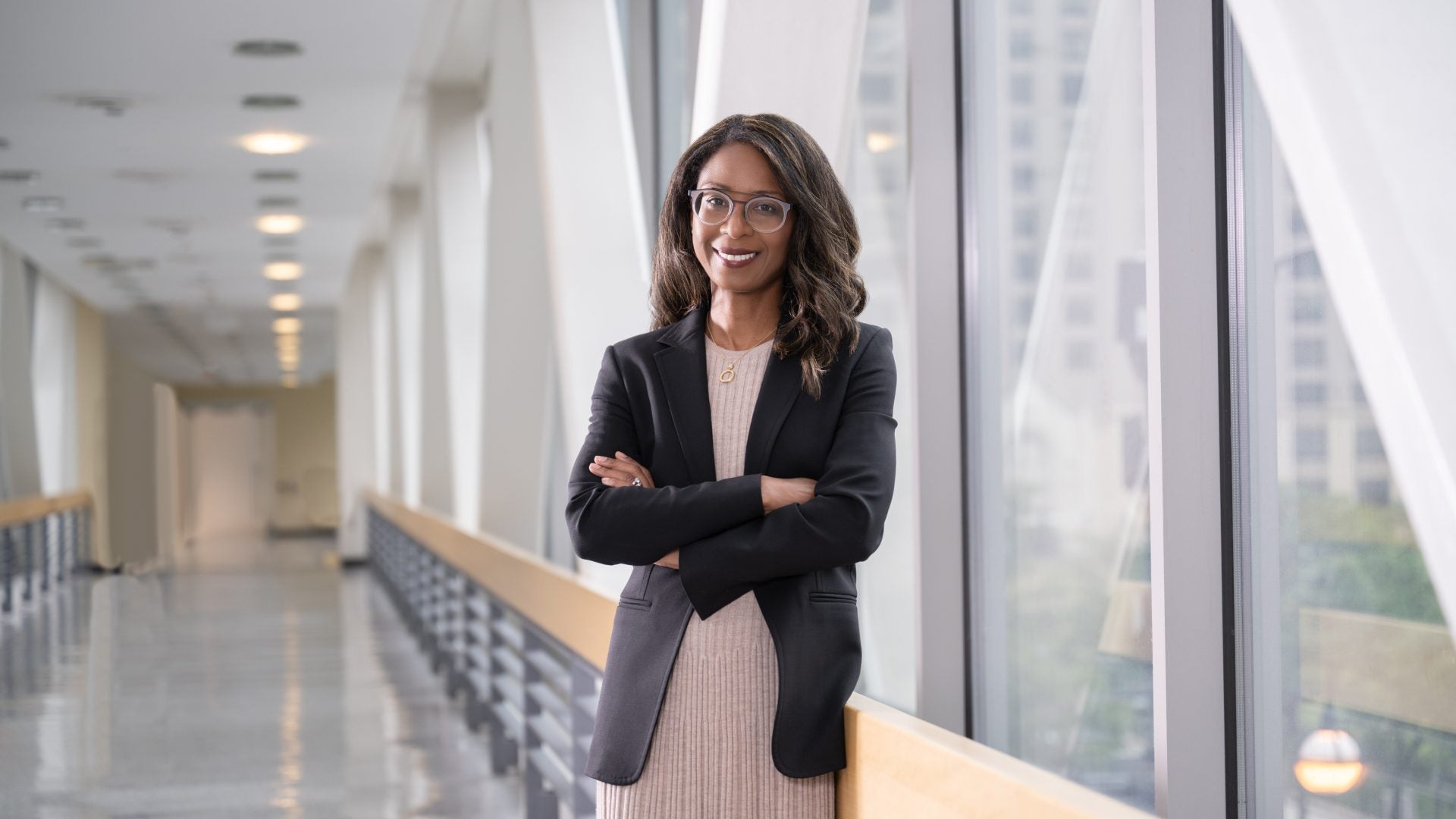
“There are very few transplant surgeons who look like me,” stated Dr. James Hildreth, president of Meharry Medical College.
The numbers are especially dire for Black women.
“I can’t give you an exact number of Black women transplant surgeons, but I can tell you that it’s less than 20 and that’s nationwide. There’s a serious lack of representation in this field,” Dr. Dinee C. Simpson, Northwestern Medicine’s chief health equity officer and director of the Northwestern Medicine African American Transplant Access Program, told ESSENCE.
And “African Americans make up the largest group of minorities in need of an organ transplant,” according to the U.S. Department of Health and Human Services.
But a new program is aiming to change this. Tennessee Donor Services teamed up with Meharry, and six rising second-year students “spent the summer shadowing the donor agency to learn the complex steps that make transplants possible: finding eligible donors, broaching donation with grieving families, recovering organs and matching them to recipients sometimes hundreds of miles away,” the Associated Press reports.
“We need to have interventions to let people of color know that this is a field that not only they can go into, but that they’re actually needed,” said Simpson.
Simpson says one of the solutions is “having multiple opportunities of exposure for people at all stages from the very young, including students in grade to school up to surgical residencies.” “Not every surgical residency has a transplant program,” she explained. “If somebody is in a general surgery program, they may go their entire training without ever seeing a single transplant.”
“There’s actually a great need for diverse individuals to practice because there’s a huge number of Black individuals who are either on the transplant list or in need of being on the transplant list,” elaborated Simpson. “Having champions who have the same lived experience, and the same shared cultural background really makes a difference and in getting those patients over the finish line.”
However, “there are also multiple points of obstacles that communities of color can face when trying to access transplants. One of the biggest challenges is that there just aren’t enough organs to go around,” says Simpson. “Transplant is very different and unique from other areas of medicine because we have a scarce resource that we’re trying to allocate. There are rules that have been set up to try to ensure the fair allocation, but some of those rules have actually created a disadvantage for people who come from less or have less resources.”
For Simpson, “the main takeaway is representation. People need to see what the options are in order to aspire to be it.” She believes that by “making surgeons in the field more visible and having mentorship programs to support those who want to move along the [transplant] pathway are important steps to increasing representation within transplant surgery.”